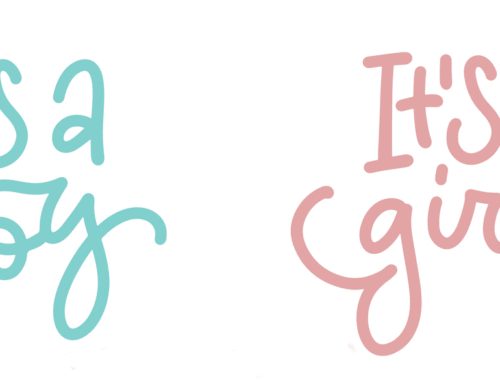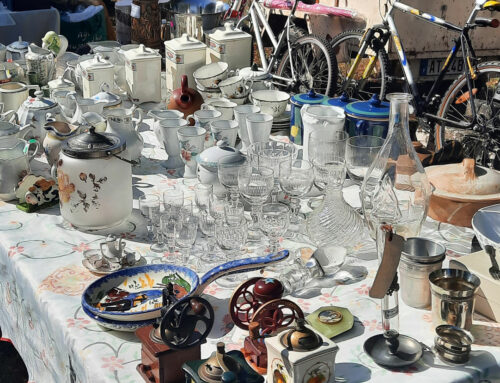There are some who think I have my own language. This is probably because I make up words to suit my needs. For example, the term ‘stuade,’ pronounced stwaid. It’s kind of fun to see in print, isn’t it? Stuade is actually a word one of my college friends made up and I use it like this: “dude, you’re harshing my stuade.” Or, “that totally goes against the stuade.” See? So interchangeable with completely diverse words! In lieu of the word ‘serious,’ I use “serial.” Or cereal, depending on your spelling preference. As in, “you cannot possibly be serial!”
That doesn’t count those cute little mispronunciations my kids made when toddlers that I am unable to give up. Hostipal and Mc-a-Donald’s are all words my oldest made up that he has left far behind but I can’t seem to do the same. I’m telling you, spellcheck is having a full-blown anxiety attack on this column. Bear with me as I make my usually bumpy transition to today’s subject.
I am a huge fan of the blog, Nonprofit with Balls by Vu Le, which comes out weekly. In case you’re offended by the name, it’s less about body parts and more about keeping balls in the air. He’s the director of a nonprofit in Seattle. Just like others, our profession has jargon too. Many of our oft-used nonprofit words and phrases are also heard in for profit businesses as well so they’re nearly impossible to escape.
The first 100 times I heard the phrase, “building capacity” applied to nonprofits, I was absolutely mystified. And truth be known, I’m nearly six years into this position and still not completely sure what it means yet I have still been known to use it. Probably incorrectly.
When writing grant proposals, you find yourself falling back on trite terms like “metrics,” “white papers,” and “best practices.” What do those mean? What am I talking about? Stop the madness!
Vu took his May 21st column to point out 21 of the most overused clichés in our sector and then thoughtfully gave suggestions for replacing them. I laughed so hard I cried. Then I read the comments and wiped out what was left of my mascara. Trust me, you don’t have to be in the nonprofit world to appreciate some of these.
Instead of “in your wheelhouse” (a particularly heinous phrase that annoys me to no end), Vu suggests “in your junk drawer” since no one has or probably knows what a wheelhouse is but everyone owns a junk drawer. As in, “oh, Kate, you should definitely design this logo. It’s totally in your junk drawer.”
How many times have you said with resignation, “it is what it is.” That basically says nothing except that things probably didn’t go the way you’d hoped. Vu suggests you replace that phrase with, “A rhino ain’t a wombat.” Just choose two completely different animals and throw ain’t in for fun. Here’s a nifty application – “Well, that fundraiser didn’t net us the $10,000 we were hoping for but I guess a lion ain’t a lemur.”
Value-add is another completely annoying term we use. As in, “what’s the value-add of this speaker for the program?” It sounds pretentious. Vu suggests replacing it with Salt on the Caramel. Since all things with salted caramel are hip, in vogue and profoundly tasty, it’s a much more evocative phrase. He used the example of, “You want to have a golf tournament? What’s the salt on that caramel?” How much better is that?
And finally, his suggestion for the profoundly overused, “think outside the box.” Vu offers, “Let’s think like a pterodactyl.” He realizes that some people would think that makes no sense but clearly that would be because they are not thinking like pterodactyls.
Which I pronounce pah-ter-a-dac-tul. Of course I do. It’s on page 7 of the Absolutely Unabridged Amy Dictionary, Volume 7.







Amy, I love you!